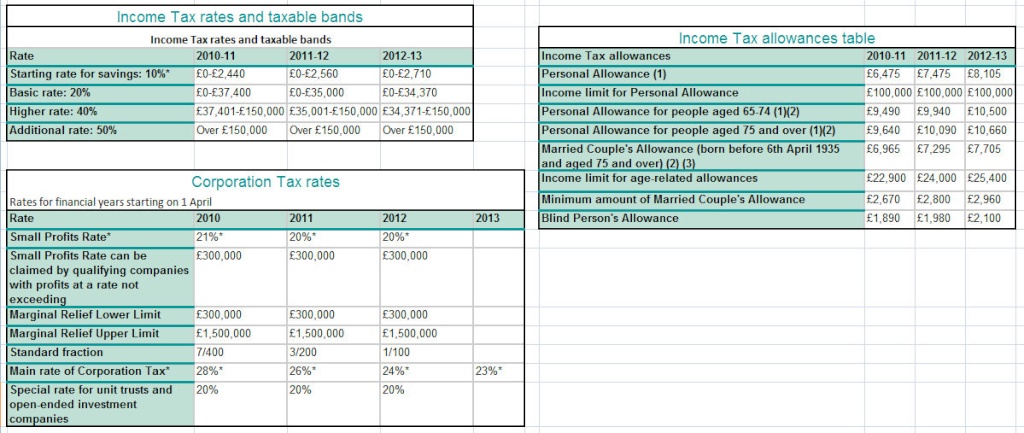Sri Lanka raises automobile import taxes
Mar 31, 2012 (LBO)- Sri Lanka has slapped new taxes of as much as 100 percent of import value on some imported cars, but kept taxes on hybrid cars lower, in a move which can reduce state revenues from automobiles this year.
Sri Lanka's finance ministry in a notice on its website said total taxes on imported hybrid cars has been raised to between 60 to 125 percent from the current 51 to 100 percent based on engine size, mostly from excise levies.
Taxes on petrol-driven cars have been raised from the current 120 to 189 percent of value to 189 to 275 percent, depending on engine size.
Taxes on diesel cars have been raised from the current 180 to 191 percent to 250 to 350 percent.
Taxes on petrol vans have been raised from the current 103 to 172 percent range to 125 to 200 percent.
Taxes on diesel vans have been raised from the current 112 to 291 percent to 125 to 350 percent.
Taxes on petrol-driven three wheeler vehicles have been raised from 51 percent to 100 percent, taxes on diesel three wheelers from 61 percent to 100 percent and electric three wheelers from 27 percent to 50 percent.
Taxes on double cab pick-up trucks have been raised from between a range of 93 to 110 percent to 150 percent.
Motor cycles taxes have been raised from 61 percent to 100 percent.
Sri Lanka's ordinary citizens pay very high taxes on cars, while state workers get tax-slashed cars. The countries elected ruler class gets completely tax free cars.
The finance minister said a surge in imports of cars had created congestion in roads and a higher demand for fuel.
Sri Lanka ran into a balance of payments crisis in mid-2012 due to low interest rates and high central bank accommodated credit growth as well as credit taken to manipulate oil prices as well as general deficit spending by rulers.
Sri Lanka has been plagues with balance of payments crisis from soon after independence from British rule after a money printing central bank with a so-called soft peg was created, abolishing a currency board or hard peg that kept the exchange rate stable and trade fee.
In Sri Lanka motor cars and oil imports are "usual suspects" for foreign exchange shortages. Taxes
LBO's economics columnist fuss-budget who predicted the current balance of payments crisis last year said authorities had a history of imposing controls on citizens instead of correcting their own policy mistakes.
"In Sri Lanka it may include curbs on car imports by raising taxes on cars or letter of credit margins on cars and other imports," fuss-budget said at the time in the column BOP 101 -Sri Lanka can avoid currency trouble with consistent policy.
Taxes on alcohol and cigarettes have also been raised.
 would enable you to enjoy an array of other services such as Member Rankings, User Groups, Own Posts & Profile, Exclusive Research, Live Chat Box etc..
would enable you to enjoy an array of other services such as Member Rankings, User Groups, Own Posts & Profile, Exclusive Research, Live Chat Box etc.. 
 Home
Home























